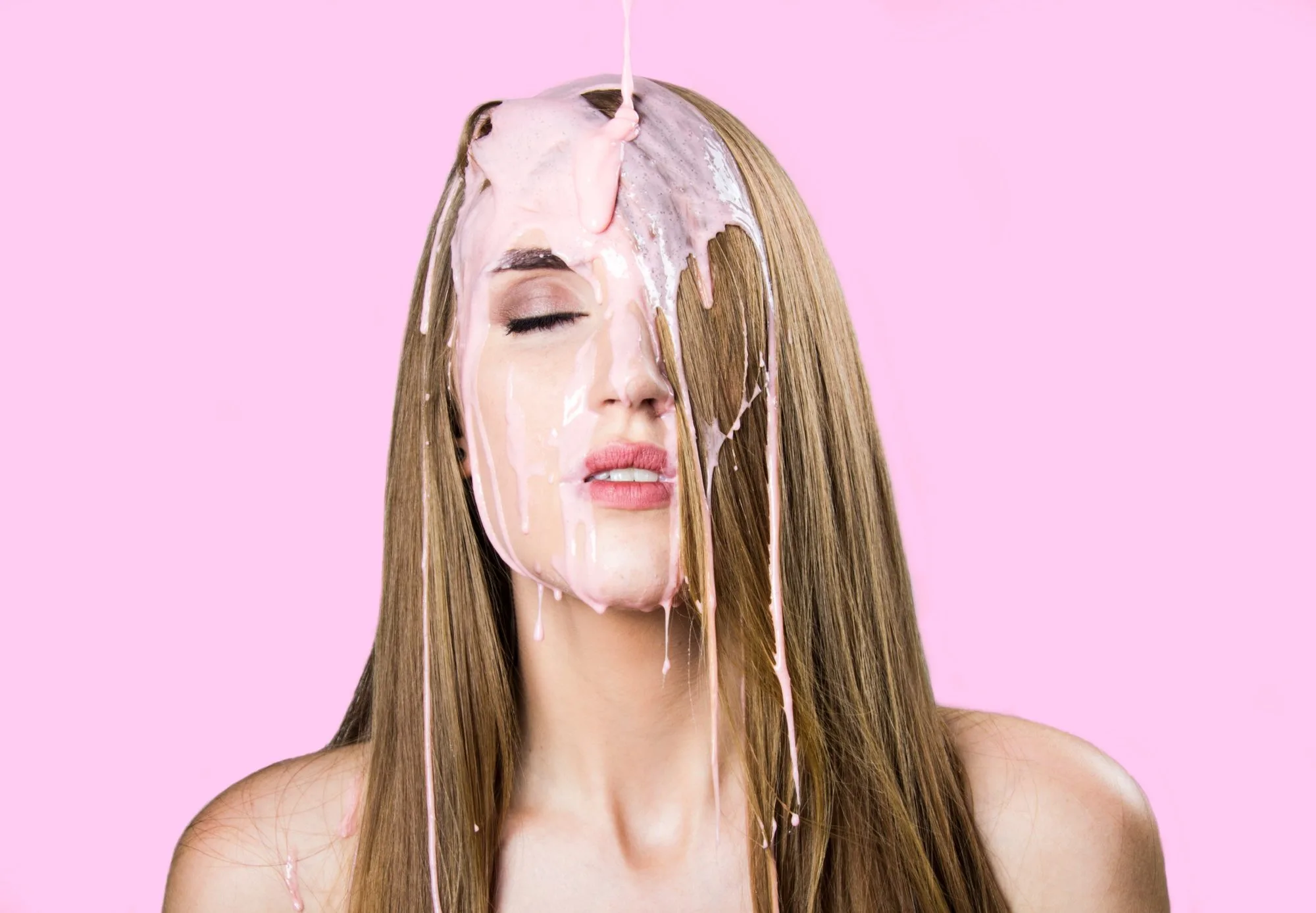When it comes to skincare, it’s important to invest in products that will cater to your specific skin type. However, it can often be hard to find the right product in an industry that never seems to stop releasing new products every second. In the case of dry skin, which is typically accompanied by uncomfortable feelings of peeling and irritation, it’s most likely that you’ve gone through products that have promised to soothe as well as moisturize.
Although the products may claim to be suitable for dry skin, the ingredients they contain may simply aggravate the problem. As opposed to searching out for a particular brand or product, it’s essential to learn to start taking note of the ingredients found listed in the product so that you can make an informed decision as to what you’re going to put on your skin. There’s no need to do an extensive crash course on cosmetic ingredients suited to dry skin – simply read on to discover which key ingredients you need to look out for that will definitely get the job done. Remember quality over quantity.
Key Ingredients For Dry Skin
Antioxidants
Aside from protecting the skin against the premature aging effects of free radicals, antioxidants also act as anti-inflammatory agents, helping to reduce and soothe the symptoms of dry skin such as inflammation, redness, and itching. Examples of antioxidants include vitamins C and E, green tea, and coenzyme Q10.
Ceramides
Our skin has its own natural protective barrier composed of skin cells and a binding composition – almost like glue. This glue holds and binds together the top layer. By doing so, the glue helps the skin appear smooth, supple, and soft.
However, this “glue” is quite fragile and can easily be damaged due to stress on the skin as a result of ultraviolet rays, bad weather, excessive exfoliation, and other things that are stressful for the skin. Once the skin loses its protective barrier, it can become dehydrated, dry, flaky, and itchy. Luckily, this can be prevented through the constant maintenance and restoration of the glue.
One such way would be to use products that contain ceramides. The body does contain ceramides, but the levels decrease as we age. Dry skin can be attributed to this loss. Ceramides in your skincare products will help to protect the skin barrier as well as attract moisture to it.
Glycerin
In caring for dry skin, one important step would be to prevent moisture loss. Thus the addition of humectants – an ingredient that retains or preserves moisture – to any product would be perfect.
NOW Solutions Glycerin Oil
One such humectant is glycerin, which not only helps to attract moisture into the skin but also has a softening and soothing effect on the skin. Another common humectant to look out for would be urea.
Glycolic Acid
Not only does it exfoliate, but glycolic acid also attracts moisture into the skin. Furthermore, due to its small molecular structure, glycolic acid is able to dissolve the dry skin cells on the surface of the skin, encouraging a stronger, protective barrier.
Hyaluronic acid
Hyaluronic acid is definitely one of the best ingredients for dry skin.
This compound can offer immediate hydration due to its ability to hold up to a thousand times its weight in water. It also contains great anti-aging properties.
What to avoid:
Not that you know what ingredients to look out for- it’s equally important to know which ones to avoid.
Alcohol
Alcohol is an ingredient that’s commonly found in many skin-care products as a result of its ability to help the product better penetrate the skin. However, in the case of dry skin, alcohol can extract out all the moisture from your skin leaving you with dry skin. Any ingredient listed that ends with -ol is a form of alcohol. Try products that contain no alcohol or at least the ones that have it listed at the far end.
Benzoyl peroxide
This ingredient is another one that’s perfect for acne but hell for dry skin. It can cause irritation, redness, peeling, and itching.
Fragrances and preservatives
As sweet as it can make your products smell, fragrances (along with preservatives) do can cause irritation leading to dry and flaky skin. Opt for fragrance-free and
preservative-free products.
Retinoids
If you suffer from acne-prone skin or a skin condition like psoriasis, retinoids are more than likely the holy grail of ingredients. However, if you have dry skin, retinoids can be extremely harsh on your skin, encouraging both dryness and irritation.
Salicylic acid
Once again, this exfoliating ingredient (which can also be listed as willow bark) is great if you have acne-prone skin but not so much if your skin is dry. Salicylic acid can not only irritate but also deplete moisture and dry out the skin. Thus it’s important to avoid this ingredient (unless it’s been specifically recommended by a licensed dermatologist). Click here to find out when you should make a visit to the dermatologist.
Surfactants
These ingredients are responsible for the foaming actions that accompany many skincare products such as body washes and lotions. As appealing as foam can be, this action can dry out the skin. Examples of surfactants include tallowate, sodium lauryl sulfate, ammonium lauryl sulfate, and cocoate.
By devoting a little more effort when it comes to choosing your skincare products, you can be sure that you’ll have dry skin under control in no time.
Want to know more?
Click here to find out more about how cannabis in skincare and how it can have an anti-aging effect.



